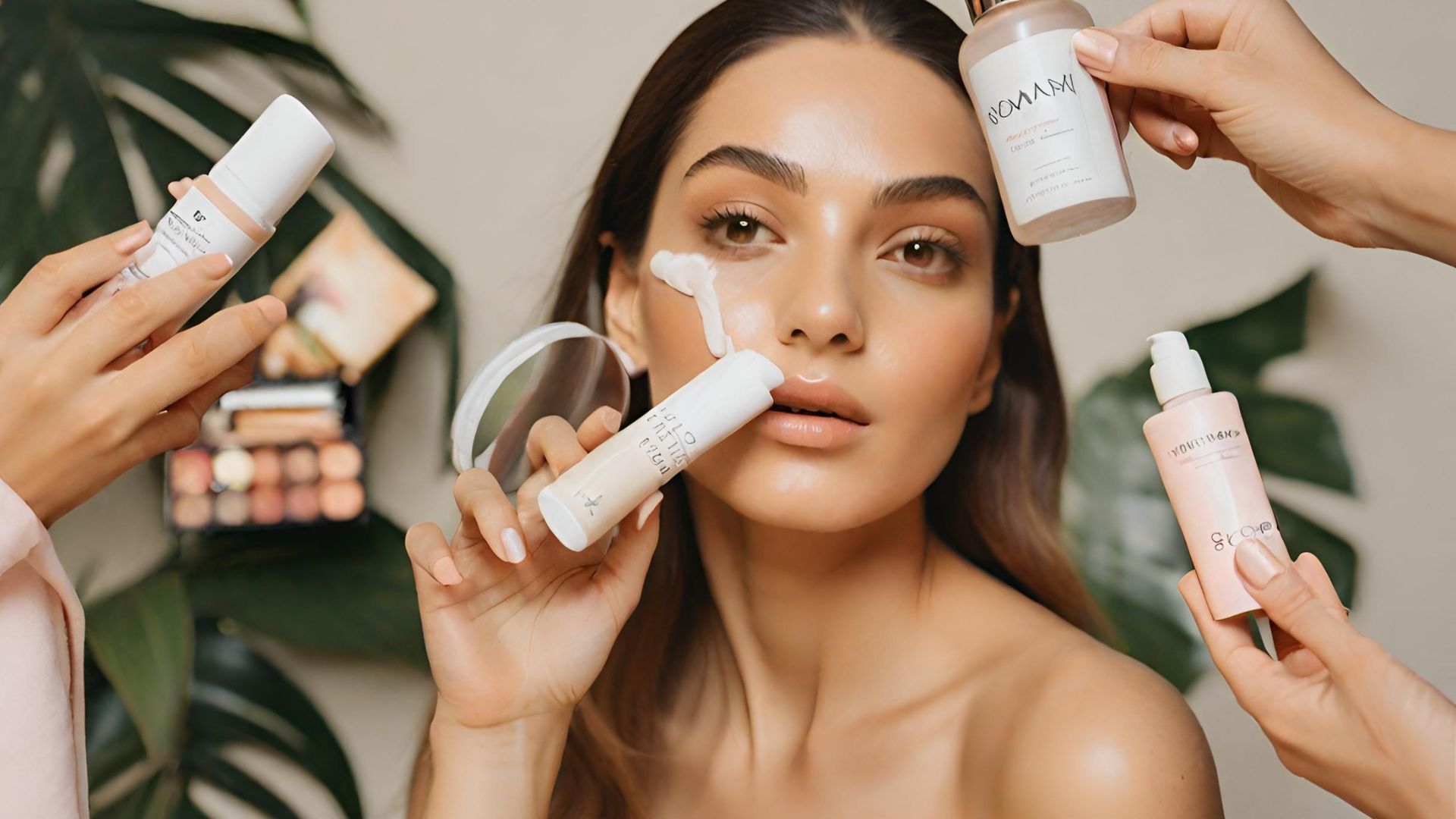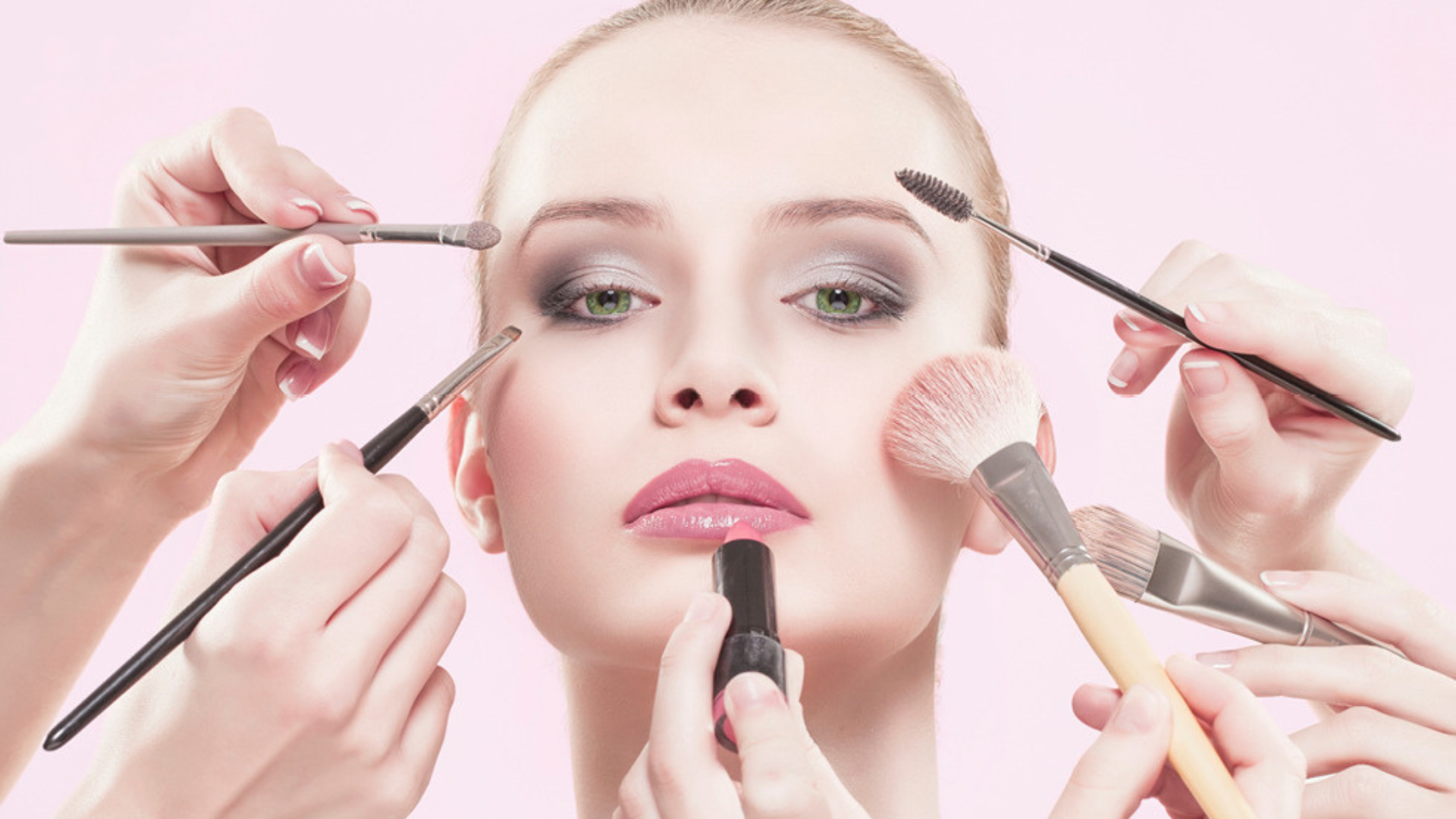










The debate surrounding the impact of makeup on our skin continues to evolve, with conflicting opinions on its effects. While some argue that daily makeup use can lead to clogged pores, breakouts, and premature ageing, others contend that modern formulations are safe and beneficial for the skin. It’s crucial to discern fact from fiction in this contentious discussion.
One common oversight in makeup hygiene is the inadequate cleaning of sponges, which can harbor bacteria if not properly maintained.
Disposable sponges are recommended to mitigate this risk, as they offer a cleaner alternative. Similarly, brushes can pose a threat to skin health due to the potential transfer of bacteria, emphasizing the importance of using clean tools and avoiding brushes for blending makeup.
Proper storage and maintenance of makeup products are also vital for preventing skin issues.
Tubes should be tightly closed to prevent contamination, while cake makeup should not be left open.
Regularly checking expiration dates and discarding expired products is essential to ensure safety.
Opting for reputable brands and removing makeup before bed are additional precautions to enhance makeup enjoyment while safeguarding skin health.
View this post on Instagram
In addition to external factors like diet, pollution, and hormonal changes, makeup mistakes can exacerbate skin problems such as acne. Sleeping with makeup on, using dirty hands during application, and using expired products are common errors that can contribute to breakouts. Furthermore, covering acne with makeup without addressing underlying skin issues can worsen existing conditions.
To mitigate these risks, several strategies can be adopted.
Maintaining hygiene standards for makeup tools and products is equally important.
In conclusion, while makeup can enhance appearance, its improper use can lead to skin problems. By following hygiene practices, selecting suitable products, and exercising moderation, individuals can enjoy the benefits of makeup while safeguarding their skin health.










